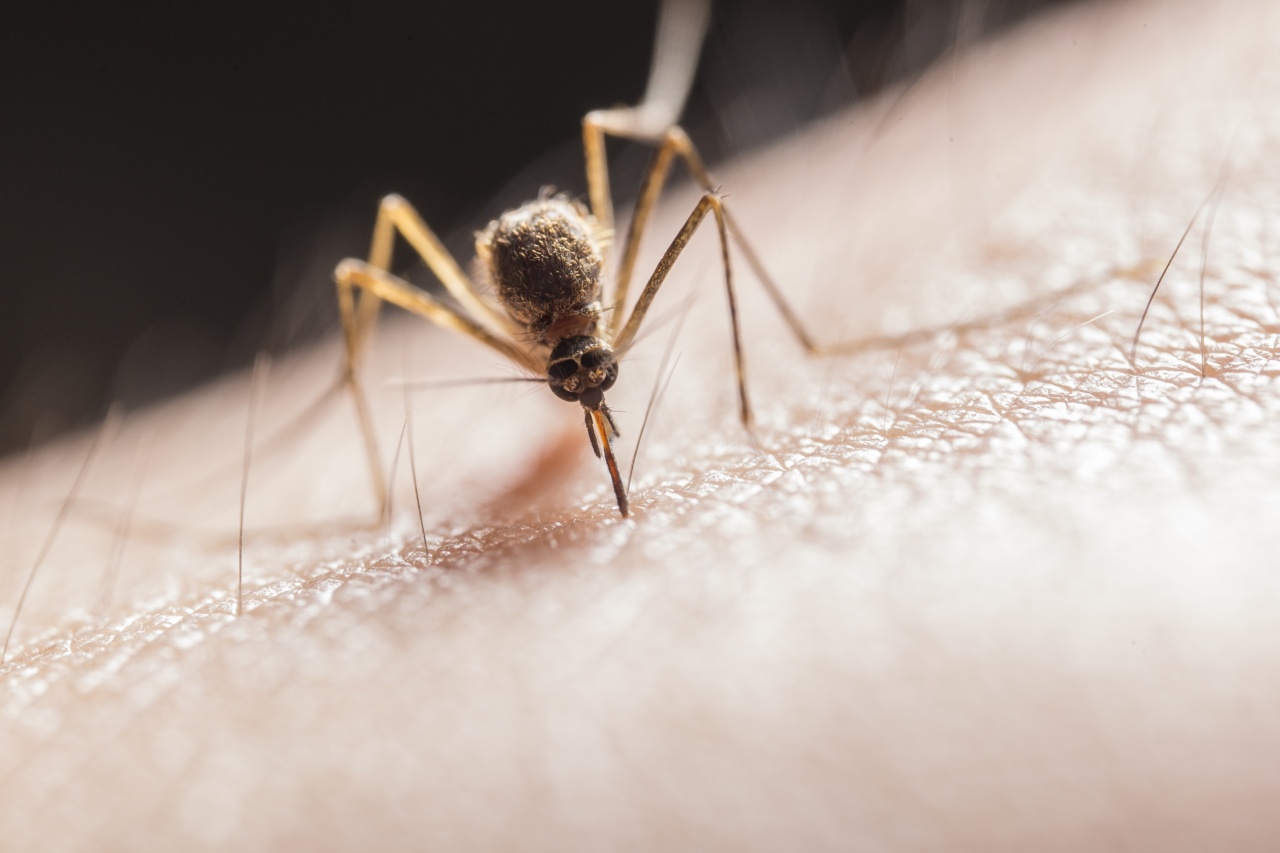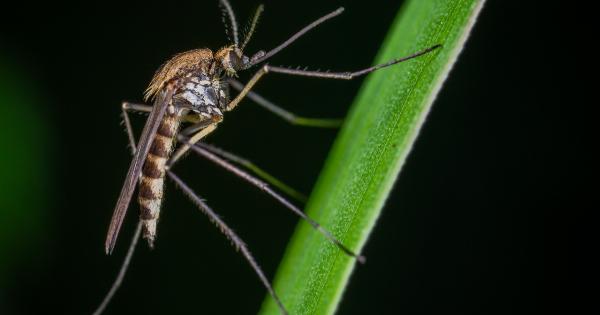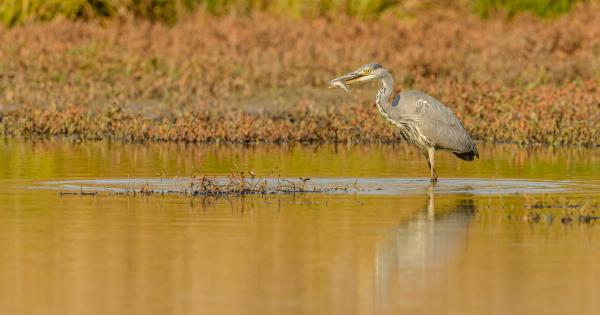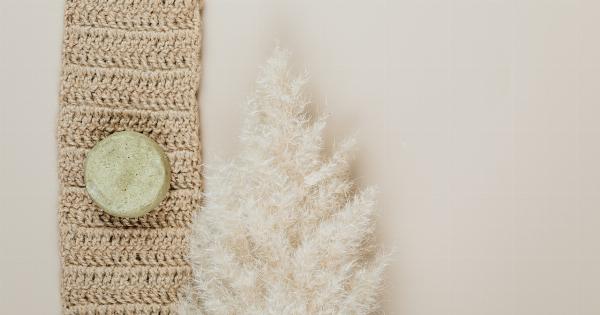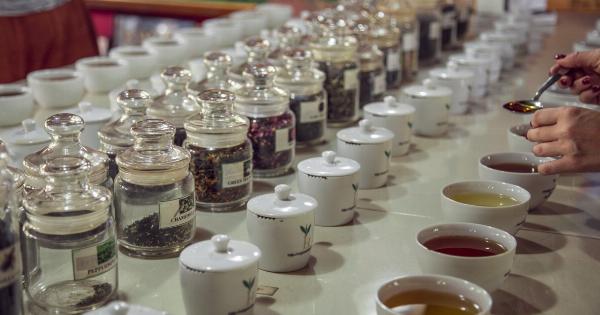Mosquitoes are pesky insects that are the bane of many outdoor activities, and they can also carry dangerous diseases such as malaria, dengue fever, and the Zika virus.
While there are many chemical-laden mosquito repellents available on the market, there are also plenty of natural ways to keep mosquitoes at bay without exposing yourself to harmful chemicals. Here are 10 methods for repelling mosquitoes without the use of harmful chemicals.
1. Wear Protective Clothing
Wearing long-sleeved shirts and pants can be an effective way to keep mosquitoes from biting your skin. Light-colored clothing can also help, as mosquito can be more attracted to darker colors. Clothing treated with permethrin can also repel mosquitoes.
2. Use Mosquito Nets
Mosquito nets are a great way to keep mosquitoes away from your body while you sleep. Make sure the net is properly installed and that there are no holes or gaps where mosquitoes can get in.
3. Remove Standing Water
Mosquitoes breed in standing water, so removing any sources of standing water around your home can be an effective way to reduce the mosquito population in your area.
This includes emptying any buckets, flowerpots, and other containers that might be holding water. Also, be sure to keep gutters, birdbaths, and rainwater barrels clear of debris, so that water doesn’t pool there.
4. Use Essential Oils
Essential oils such as citronella, lavender, and lemon eucalyptus can be effective natural mosquito repellents.
These oils can be diffused in a room or applied directly to the skin (diluted with a carrier oil such as coconut oil), or added to a spray bottle and sprayed around your home or outdoor areas.
5. Install Fans
Installing fans in outdoor areas such as patios can help to keep mosquitoes away. Mosquitoes are weak fliers, and the breeze from a fan can make it difficult for them to fly and land on you.
6. Grow Mosquito-Repelling Plants
There are also certain plants that can be effective at repelling mosquitoes. These include citronella grass, catnip, peppermint, lemon balm, and lavender. Planting these around your outdoor areas can help to keep mosquitoes at bay.
7. Use Mosquito Traps
Mosquito traps can be effective at reducing the number of mosquitoes in your area. These traps work by attracting mosquitoes with carbon dioxide, and then trapping them inside.
There are also DIY mosquito traps that you can make yourself using a plastic bottle and some sugar water.
8. Avoid Peak Mosquito Times
Mosquitoes are most active at dawn and dusk, so avoiding outdoor activities during these times can help to reduce your exposure to mosquitoes.
If you do need to be outside during peak mosquito times, make sure to take extra precautions to protect yourself.
9. Wear Garlic
Believe it or not, consuming garlic or applying garlic-infused oil to your skin can be an effective way to keep mosquitoes at bay.
Mosquitoes are repelled by the scent of garlic, so adding more garlic to your diet or using garlic supplements can help to keep mosquitoes away from you.
10. Use Mosquito-Repelling Creams and Lotions
If you’re looking for a natural mosquito repellent that you can apply directly to your skin, there are plenty of creams and lotions available that use natural ingredients to repel mosquitoes.
These products typically use essential oils such as citronella or lavender, as well as other natural ingredients such as neem oil and soybean oil.
Conclusion
With these 10 methods for repelling mosquitoes without harmful chemicals, you can enjoy the outdoors without worrying about mosquito bites or exposure to dangerous chemicals.
By making a few small adjustments to your routine, you can keep mosquitoes at bay and reduce your risk of mosquito-borne illnesses.
